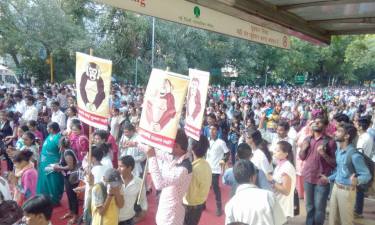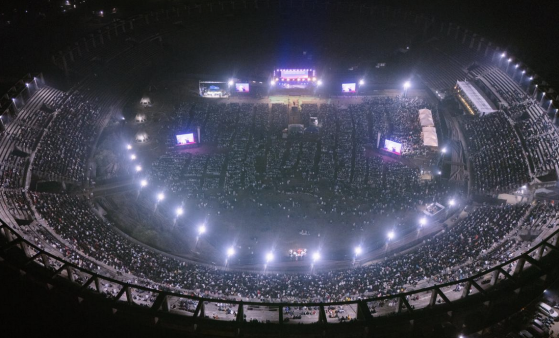
Christian persecution in the country has gotten worse over the past year, and it is now considered a high-risk activity for people in the country to practice Christianity.
Open Doors, a ministry supporting persecuted Christians worldwide, revealed that India has risen to No. 15 on its 2017 World Watch List. Just four years ago, India ranked No. 31 on its list, according to The Guardian.
North Korea remains No. 1 on its list for the 16th year in a row, while Iraq and Syria went down on the list. This can be attributed to the growing number of Christians who have fled from areas controlled by the Islamic State (ISIS). In the Syrian city of Aleppo alone, the Christian population has dwindled to just 60,000 compared to 400,000 before the Syrian civil war broke out in 2011.
Other countries that made it to the list include Somalia, Pakistan and Sudan. Meanwhile, Afghanistan ranked third on the list. Out of all the countries mentioned, the number of Christian persecution cases rose most rapidly in Yemen.
Lisa Pearce of Open Doors UK and Ireland said Christians in India faced an exceptionally tough time in 2016. She estimated that a church was burned down or a cleric was beaten on an average of 10 times a week in India that year alone — a threefold increase from 2015 figures.
Pearce said the spike of Christian persecution is "driven by extreme religious nationalism, which is often tacitly condoned – and sometimes actively encouraged – by local and national governments."
Christians comprise only 2 percent of India's total population while nearly 80 percent are Hindus.
"There is a clear pattern of rising religious intolerance across the Indian sub-continent, which affects many millions of Christians," said Pearce.
"Religious nationalists attempt to forcibly convert people to the dominant faith of their nation, often turning to violence when community discrimination and non-violent oppression do not succeed in imposing their religious beliefs on minority Christians," she added.
Pearce also noted that Christians belong to the lower castes in India, such as the Dalits who are often swamped with socioeconomic problems. Dalit, which means "oppressed" in Sanskrit,are also known as the "untouchables" in India. "They are an easy target for extreme nationalists," she said.
In other areas, Christian persecution takes form in the sabotage of homes, churches and villages. These are particularly prominent in Nigeria, Syria and Iraq.




